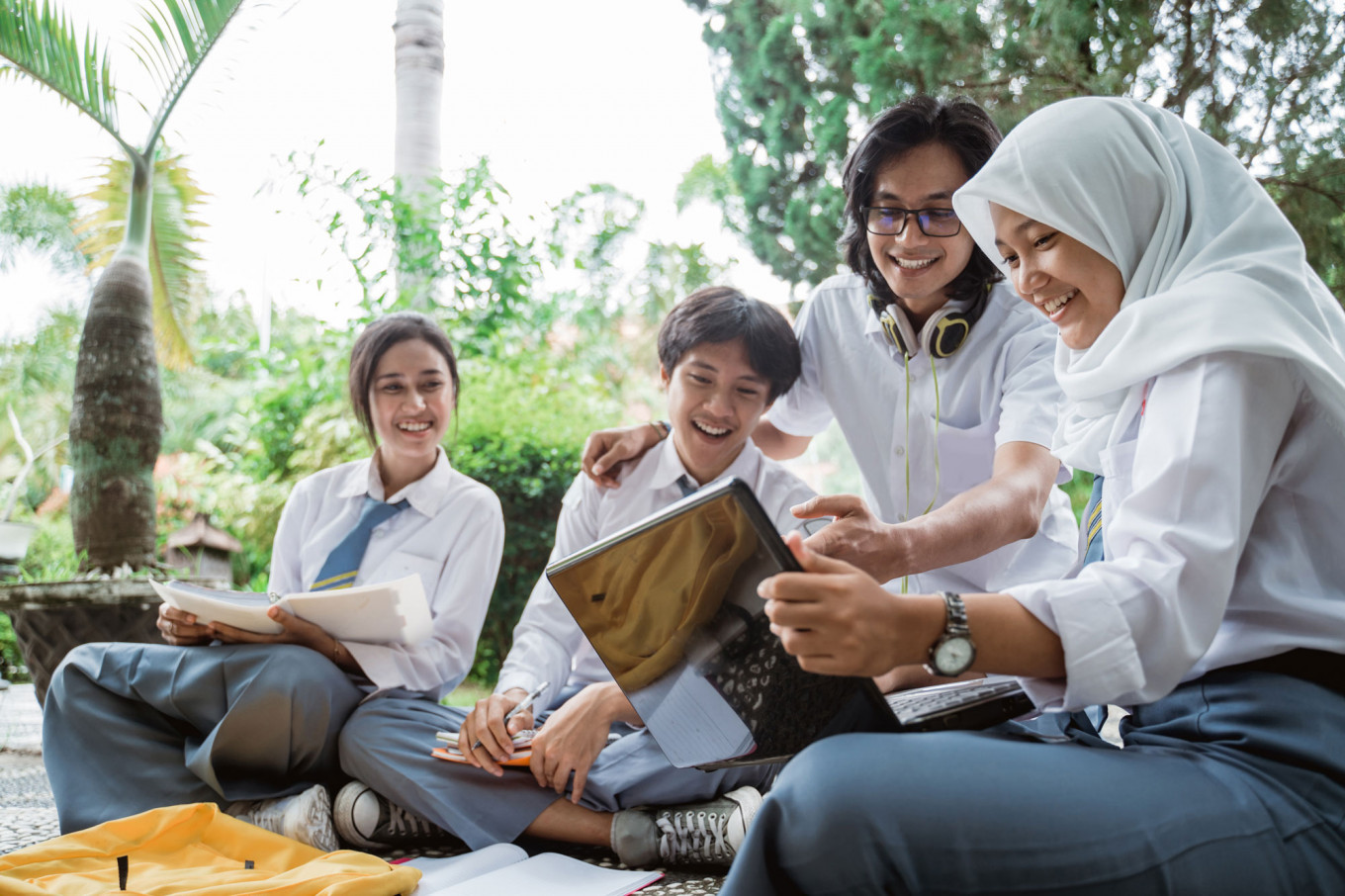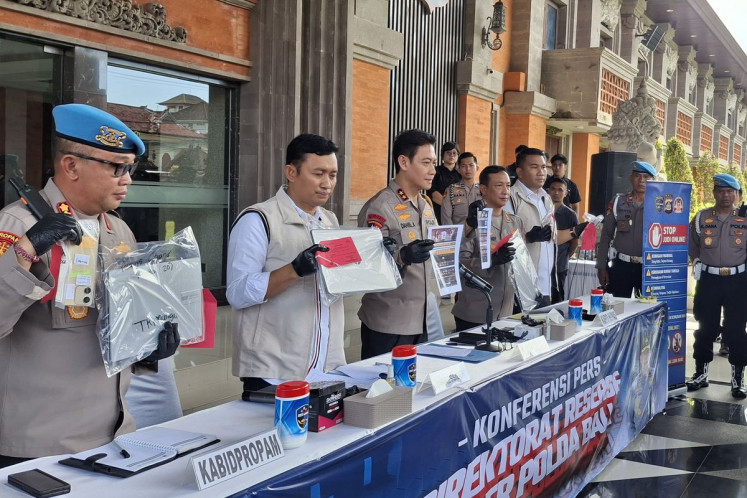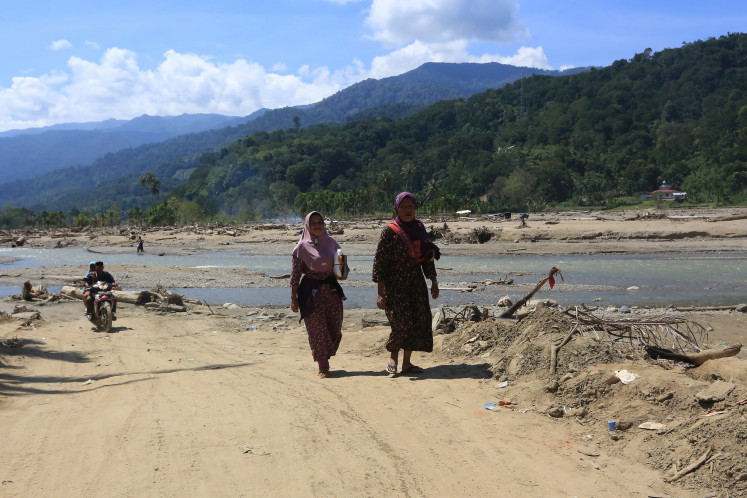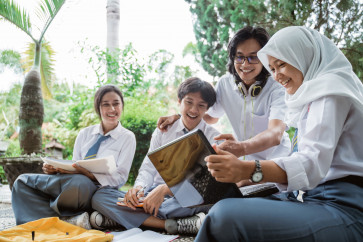Popular Reads
Top Results
Can't find what you're looking for?
View all search resultsPopular Reads
Top Results
Can't find what you're looking for?
View all search resultsBridging the gap: Addressing inequality in educational access
Education in Indonesia faces significant challenges, especially in rural and conflict-affected areas. Bridging these gaps and ensuring equitable access for all students is crucial for the nation’s development.
Change text size
Gift Premium Articles
to Anyone
W
hile policymakers and experts in city centers debate high-tech questions such as whether students should have access to artificial intelligence tools, Aini Abdul is still grappling with the problem of simply getting children in remote towns access to books.
“The communities in Kalimantan welcome us with open arms and the children are always excited at the opportunity to get their hands on actual books, but physically reaching them is another issue entirely,” the founder of Ransel Buku shared.
Ransel Buku is a nonprofit organization that was set up to provide access to books for riverside communities in Kalimantan. As a Dayak herself, Aini understands the intricacies of access to education among remote Dayak communities.
Access to books and other reading materials might be easier in bigger villages or ones that are more easily reached by road, but for communities that are only connected to the world through the river, passion projects like Ransel Buku are their only chance to gain access to the enrichment that other forms of education can provide.
The problem is not limited to Kalimantan. Infrastructure remains an obstacle for many students in remote areas of Indonesia, even with government programs creating 2,143 kilometers of toll roads and 5,700 kilometers of national roads over the past decade.
Read also: Paths less traveled: Understanding nonmainstream learning options
Children in hard-to-reach areas are still being left behind. As of 2023, only 22.14 percent of rural Indonesians completed their senior high school education, compared to the 35.95 percent completion rate among their urban counterparts. While this is already an improvement from 2018, when rural school completion stood at 17.30 percent and urban school completion at 33.67 percent, it shows how much more work needs to be done.



















